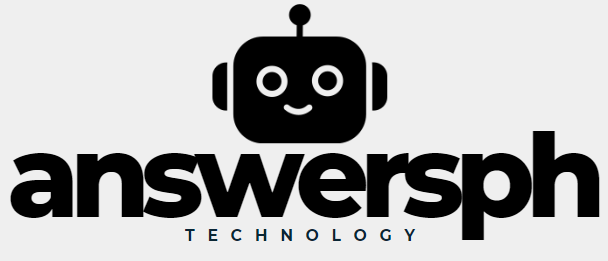In recent years, Artificial Intelligence (AI) has brought about revolutionary changes in a variety of fields, from data processing to art creation. One field that has seen significant changes influenced by AI is vocal modulation. The ability to change one’s voice using AI is no longer a matter of science fiction; it is an accessible and powerful reality. In this article, we will explore how AI is changing the way we transform our voices, the current applications of this technology, and some of the ethical implications involved.
How AI Vocal Modulation Works
The process of AI voice modulation involves using sophisticated mathematical algorithms to modify the parameters of a human voice. These algorithms use technologies such as deep neural networks, machine learning, and speech synthesis to transform one voice into another. Voice modulation can include changes in pitch, timbre, speed, and even speech patterns.
The most common method is voice cloning, which captures the unique characteristics of a specific voice and allows a model to digitally replicate it. This involves collecting voice samples from a person and training an AI system to reproduce the same voice with high accuracy. In addition to cloning, other technologies allow for real-time voice conversion, where a person’s voice is altered to sound like a completely different voice.
AI Voice Modification Applications
Media and Entertainment
One of the most obvious applications of AI voice modulation is in the film and gaming industries. With this technology, it is possible to create characters with unique voices without the need for multiple voice actors. This allows for greater flexibility in content creation, allowing characters’ voices to be customized according to the needs of the storyline.
Virtual Assistance and Conversational AI
Virtual assistants like Siri, Alexa, and Google Assistant also have a lot to gain from AI-powered voice modulation. The ability to change the voice of these assistants can make interactions more natural and enjoyable for users. Additionally, customizing the assistant’s voice to suit the user’s taste or needs could revolutionize human-machine interaction.
Inclusion and Accessibility
People with speech difficulties can benefit greatly from the application of AI-powered vocal modulation. With this technology, an individual who has suffered a stroke or has a degenerative disease can have their voice replicated using artificial intelligence, thus regaining the ability to communicate effectively.
Security and Privacy
Despite the many positive possibilities, the application of AI voice modulation also poses numerous challenges, especially in terms of security and privacy. The technology could be used to convincingly alter someone’s voice, enabling voice-based security system fraud or the creation of audio deepfakes. These threats require regulation and the development of technologies capable of combating such abuses.
Ethical Implications
AI voice modulation raises several ethical concerns. First, cloning a voice without the owner’s permission could represent an undeniable violation of privacy and copyright. Second, audio deepfakes could be used to spread misinformation, which threatens the integrity of communications and puts listeners at risk from potentially false and misleading information.
Third, AI-assisted voice modulation could devalue the work of voice professionals such as voice actors if this technology becomes widely used. This could negatively impact their careers. Finally, there is a risk that this technology could be used to create fake identities in digital environments, further complicating the issue of authenticity in the information age.
The Future of AI Vocal Modulation
The future of AI-powered vocal modulation is bright and full of possibilities. As technology advances, vocal modulation systems are expected to become even more sophisticated and efficient, creating new opportunities in areas such as entertainment, education, and healthcare.
However, with new opportunities comes responsibility. It is essential that developers and policymakers ensure that this technology is used ethically and safely. This includes developing robust mechanisms for detecting voice manipulation, creating clear guidelines for the use of the technology, and promoting public awareness of the risks and benefits of this innovation.
Conclusion
AI voice modulation is an exciting technology that is already changing the way we interact with the world around us. Its applications range from media to healthcare, offering innovative and personalized solutions. However, like any powerful technology, it also presents ethical risks and security challenges. As we move towards a future that uses AI voice modulation, we must balance innovation with responsibility. It is essential to ensure that this technology is used to improve life in society.




